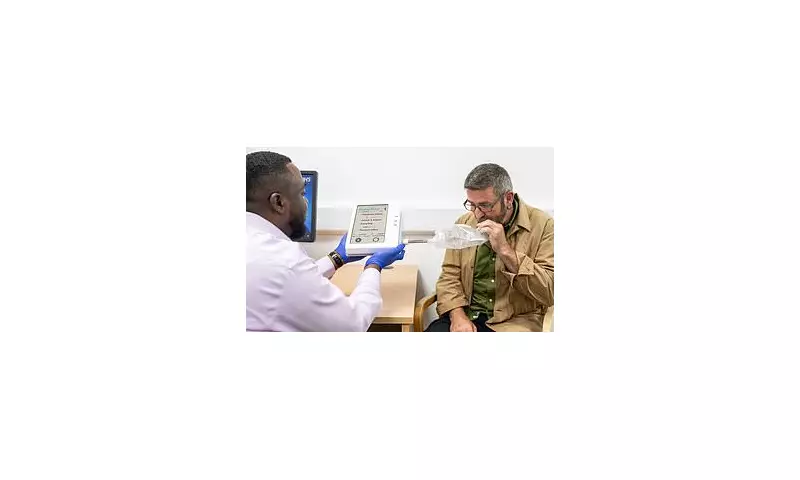
In what's being described as the most significant development in pancreatic cancer detection in half a century, British researchers have created a revolutionary breath test that could identify the deadly disease years before symptoms appear.
The Silent Killer Meets Its Match
Pancreatic cancer has long been considered one of medicine's most formidable challenges, with most patients diagnosed too late for effective treatment. The disease claims over 9,000 lives annually in Britain alone, with survival rates remaining stubbornly low for decades.
Now, a team from Oxford University and the Cancer Research UK Cambridge Centre has developed a non-invasive breath test that detects specific chemical markers associated with pancreatic cancer with remarkable accuracy.
How the Groundbreaking Test Works
The innovative technology identifies volatile organic compounds (VOCs) that are uniquely present in the breath of pancreatic cancer patients. These chemical signatures act as early warning signals that the disease is developing.
Key advantages of the new approach include:
- Non-invasive and painless procedure
- Results available within hours rather than weeks
- Potential for widespread screening in GP practices
- Significantly lower cost than current diagnostic methods
A Game-Changer for Survival Rates
Current statistics make for sobering reading – only 5% of pancreatic cancer patients survive beyond ten years. Most are diagnosed when the disease has already advanced to stage four, leaving limited treatment options.
Professor Chris Macdonald, Head of Research at Pancreatic Cancer UK, emphasised the breakthrough's potential: "This could completely transform our approach to pancreatic cancer. Detecting the disease at stage one or two, rather than stage four, could increase five-year survival from less than 10% to over 50%."
The Road to Implementation
The research team is now planning larger clinical trials across multiple NHS trusts. If successful, the test could become routinely available within the next three to five years, initially targeting high-risk patients before potentially expanding to wider screening programmes.
Professor Rebecca Fitzgerald, senior researcher on the project, told the Daily Mail: "We've been searching for an effective early detection method for pancreatic cancer for generations. This breath test represents hope where previously there was very little."
The development comes as the NHS continues to invest in innovative diagnostic technologies that could save thousands of lives annually while reducing pressure on hospital imaging departments.





